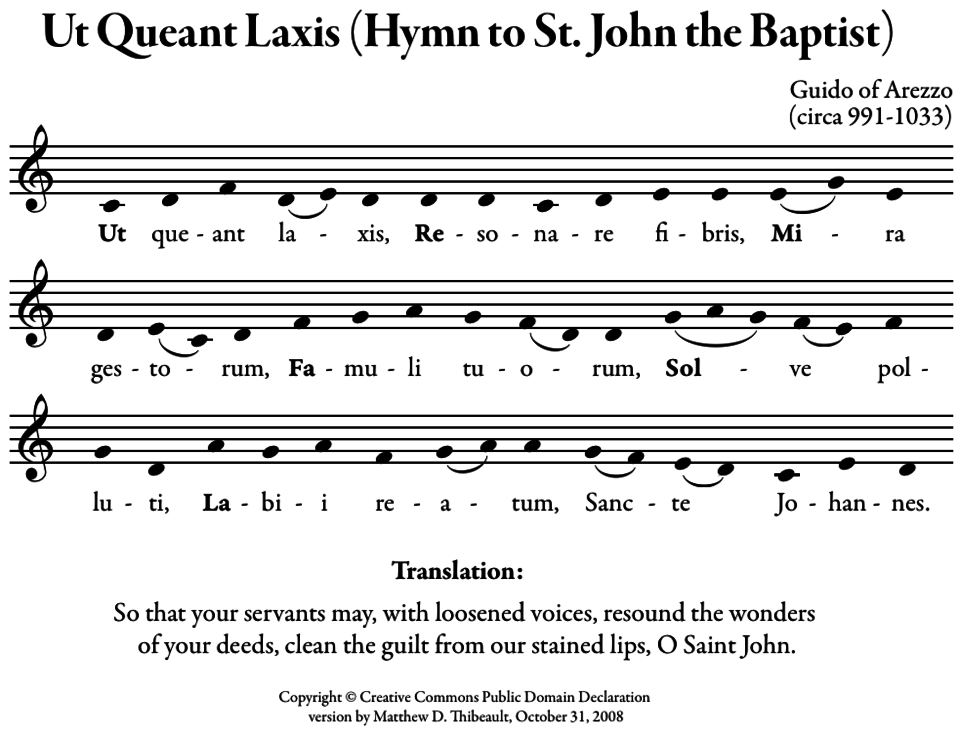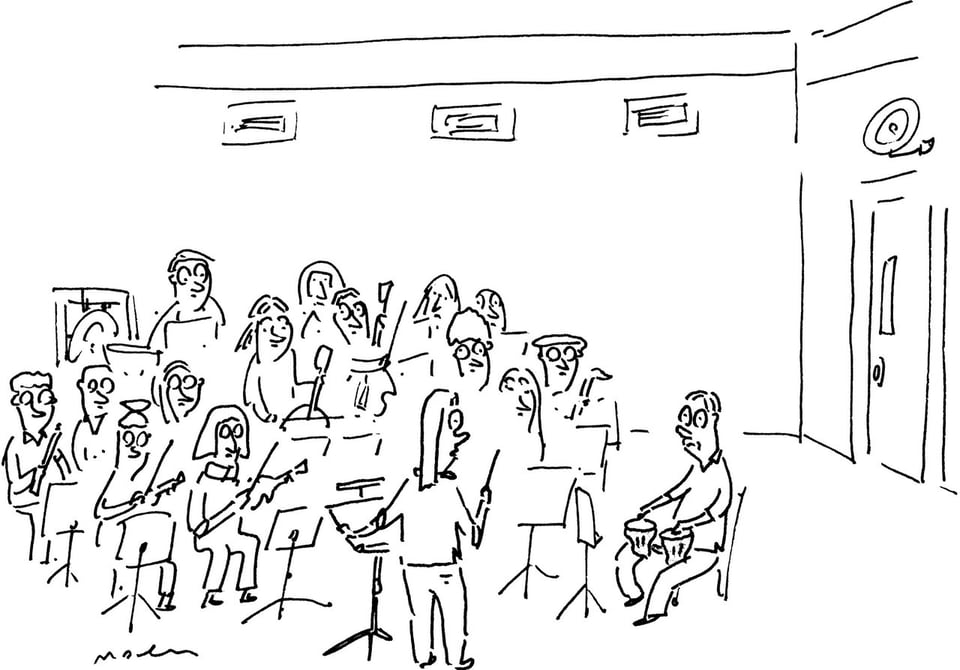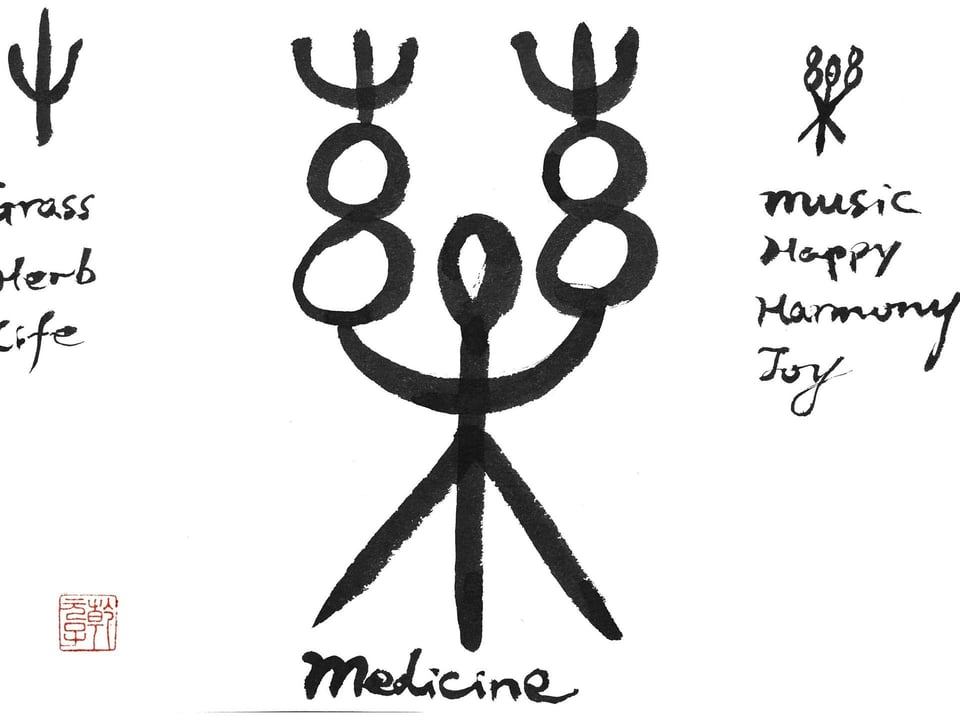Monthly Musical Miscellany – June 2025

Hello hello, hi.
It’s yet another musical pick n’ mix for you all.
Please enjoy!
Will
June 2025
Summer Opening Hours
I will be off entirely for five weeks inclusive running from July 28th until August 31st for a big ol summer break, as well as to do a heap of DIY, some gigs and small business things.
I will also be away on Saturday July 19 2025 at a training course.
Unbelievably this means there will be only another 4-6 lessons for most of you until then!
I am planning to put in one teaching week for ad hoc lessons in that period for people who’d like a catch up or refresher, and that will be self-booking only. I’ll announce that and release the available slots in another email.
Now Available: Self-Booking
I’m happy to announce you can now self-book appointments with me, ideal for those of you with busier schedules, or in next of an extra or ad hoc lesson.
How to book a lesson:
If you log in to the online portal and go to Schedule > Find & Book, you can see all my available slots and then you simply book in as and when you like.
Please remember to give me 24 hours notice!
Note taking

Fun bit of trivia for you.
Ever wonder where did the familiar syllables of solfège (do, re, mi) come from?
Eleventh-century music theorist Guido of Arezzo collected the first syllable of each line in the Latin hymn ‘Ut queant laxis’, the 'Hymn to St. John the Baptist’. Because the hymn's lines begin on successive scale degrees, each of these initial syllables is sung with its namesake note:
Ut queant laxīs
resonāre fibrīs
Mīra gestōrum
famulī tuōrum,
Solve pollūti
labiī reātum,
Sancte Iohannēs.
Ut was changed to do in the 17th century, and the seventh note, ti, was added by Sarah Anna Glover (1786–1867) of Norwich, one of the many neglected women in music history, who actually invented the tonic sol-fa (or tonic sol-fah) pedagogical technique for teaching sight-singing that we know today as solfège.
One of the many great ironies is that solfège is the system now mostly widely used around the world for teaching the notes, whereas in Britain we tend to just opt for the letter names (C, D, E etc.) Part of me wonders whether this in any way links to British protestantism, compared to most other countries where Catholicism was still the dominant faith.
Concert Season

It’s Hastings Piano Concerto time once again, with concerts on Friday 4 July and Sunday 6 July, and some open masterclasses on Saturday 5th, as well as a talk by one of Steinway's leading technicians about how pianos are prepared for performance, which I myself am very tempted by
These last two events are free, and free tickets are available to anyone aged 18 or under, which is a fantastic initiative.
I used to work with the Chair, Sarah Kovitz, who is incredibly driven and passionate about this festival and it’s a testament to her and the team about what an achievement it is to have something of this quality and level of organisation happen on the doorstep of Hastings of all places (as much as I have mixed feelings about the value of piano competitions – picking a ‘winner’ out of so much clear, top tier talent seems a bit divisive and a stressful thing to subject musicians to, given how intensive and precarious our general livelihood is).
You can find details of all the events here: https://hastingsinternationalpiano.org/news-events/picnic-weekend
There’s also a good concert programme coming up with the Hastings Philharmonic. I’ve been teaching the theme to Scheherazade to a student recently, which is currently paired up with a violin concerto by Adrian Sutton that I know nothing about. Worth a shout, I reckon.
More info here: https://www.hastingsphilharmonic.com/1st-july-25
Cartoon via The New Yorker.
Life, Music, and Everything
I recently read this interesting article from the Institute of Art and Ideas arguing that musical metaphors offer the most useful framework for understanding biological systems, suggesting that life itself can be viewed as a dynamic composition, very similar, in practise, to a musical piece.

Music is the key to understanding life » IAI TV
Science and art can look like conceptually separate worlds. But music can teach us a lot about our scientific blind spots and offer new ways of framing complex problems. Biologist Denis Noble and Computer Scientist turned evolutionary theorist Richard Watson set out a musical vision of life, and why it offers a powerful and detailed metaphor for the life sciences.
Think of our genes like musical notes (the score), but the actual living organism is the performance. Therefore, how all the notes play together makes the ‘music’, highlighting the interaction and orchestration of various biological components which expresses itself as a single unifying force.
This helps explain something scientists struggle to this day with with: how tiny parts inside a cell work together to make a whole organism behave in a certain way—the connection between micro-level functions (genes, molecules) and the macro-level behaviour of organisms.
Using musical ideas like harmony and how instruments play together can therefore give us a fuller and more accurate picture of how our biology actually works, instead of just looking at each part separately.

It reminds me of the Chinese character for ‘medicine’, which is an extension of the ideogram for ‘harmony’ or ‘music’, and also happens to cognate with the ideogram for ‘grass’, ‘plant’ or ‘herb’. The character for ‘music’ is also very close to the character for ‘happiness’.
The Run Off: May-June 2025
I have a running series of playlists I use on Spotify called The Run Off, to bookmark all the new things I want to listen. Each is organised by month.
I thought I’d start sharing as people are always curious about what I’m listening to and where I find all my music.
Here’s the one from the last two months:
There’s so much in there I couldn’t tell you where to begin. Try on shuffle, if you dare!
And if you can support any of the artists further, please buy a record or support through other means as Spotify pays musicians less than peanuts.
Not Steve Reich though. He’s doing fine.
A Final Word
Think ten times, play once
– Franz Liszt